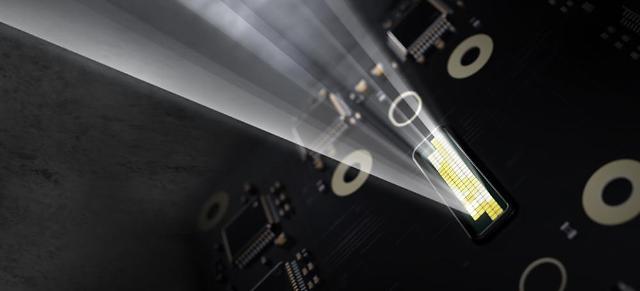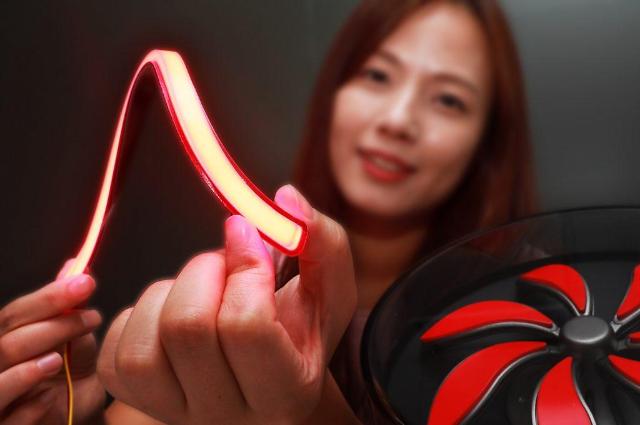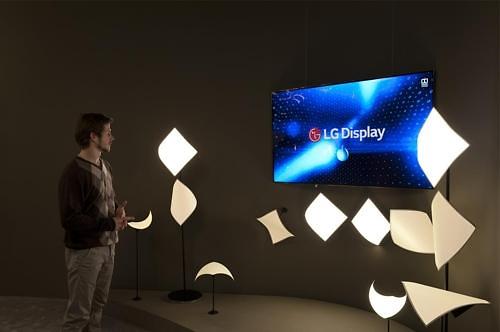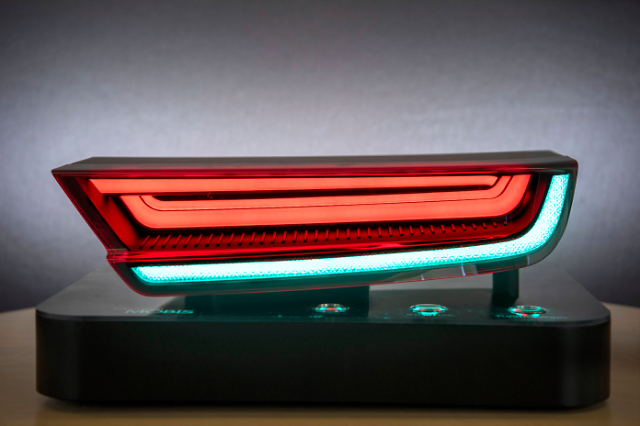
[Courtesy of Samsung Electronics ]
SEOUL -- Business prospects for PixCell LED, a new light-emitting diode module optimized for intelligent headlights, are bright, Samsung Electronics said, citing growing demands for adaptive driving beam, which is an advanced drive-assist technology used for autonomous and connected driving.
Adaptive driving beam (ADB) headlamps powered by PixCell LEDs will help improve driver visibility and safety to enhance the overall driving experience at night and in poor weather conditions such as fog or heavy rain, Samsung said, adding it has already begun shipping PixCell LEDs to lamp manufacturers for use in next-generation electric cars.
ADB provides drivers with visibility of high contrast and illuminance at night without causing temporary blindness to other drivers in a projected light's glare. The ADB system throws reconfigurable light depending upon the cruising speed and traffic conditions automatically recognized by an onboard computer vision system.
"PixCell LED is based on new lighting technology designed to improve road safety and driving convenience," Kim Un-soo, senior vice president of Samsung's LED business team, said in a statement on April 15. "Beginning with PixCell LED, we will introduce tailored lighting solutions well-suited for future automobiles, including electric and autonomous vehicles."
Samsung said PixCell LEDs can monolithically integrate more than 100 ultra-small segments into a single LED chip while making the light-emitting area significantly smaller. LED segments are separated by a silicon wall to prevent optical cross-talk, and in turn, offer superior contrast for much greater driver visibility, with each segment functioning like a pixel to meticulously control light distribution. The beam only illuminates the exact location where it is needed.
With the light-emitting area shrunk to one 1/16 of conventional discrete LED modules for ADB systems, Samsung said that PixCell LED can reduce the headlamp size by 30~50 percent, allowing greater freedom in designing sleeker and more elegant lamps. PixCell LED's light distribution and brightness levels used automotive lighting software to meet diverse regulations and requirements for automotive lamps.
Samsung has diversified its business portfolio into the rapidly growing market for connected technologies by unveiling auto-related solutions that would enable new driving experiences to next-generation smart vehicles. In January, Samsung and its American subsidiary, Harman International, unveiled a next-generation infotainment system for connected cars.
Copyright ⓒ Aju Press All rights reserved.




View more comments